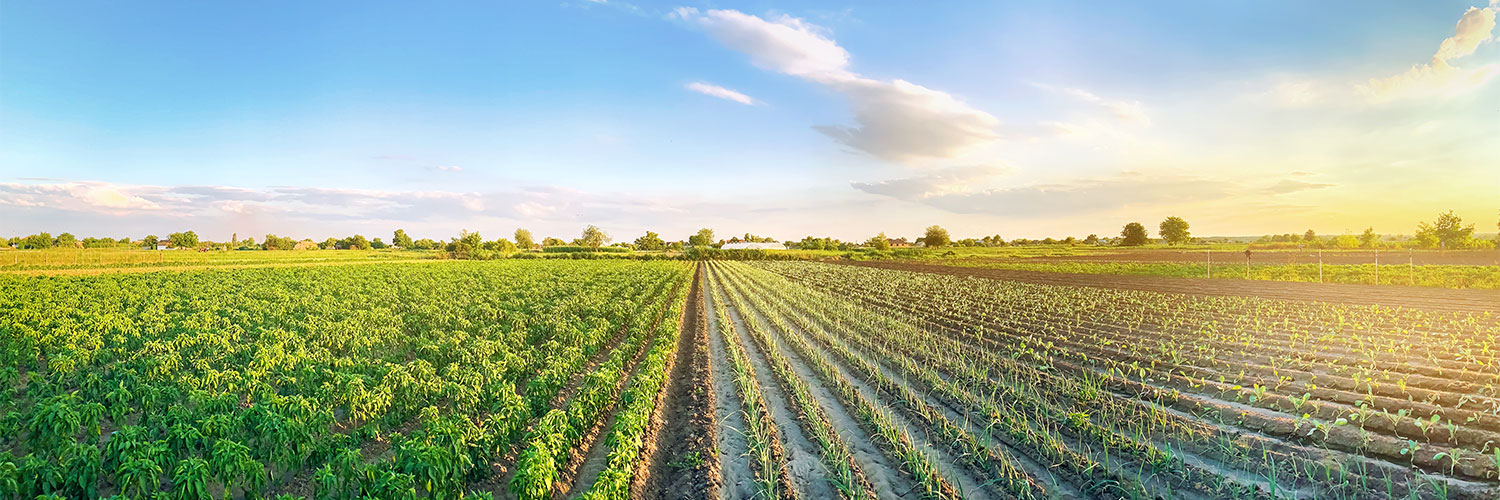
Consumer Education, Value Key to Driving Interest in Regenerative Ag
Last month, the Future of Food USA conference gathered leaders in the food industry in Minneapolis for candid discussions around the opportunities and challenges for brands in building a more resilient and sustainable food system. The clock is quickly ticking towards 2030, which the majority of environmental experts have flagged as the “point of no return” from the most drastic impacts of climate change, so conference discussions were at times a sobering reminder of just how much collectively still needs to be accomplished and how complex a process driving meaningful change across the food industry really is.
Yet I left the conference with a renewed sense of hope that the food industry, from giant legacy brands to small start-ups, has the collective power to be a true force for good in the fight against climate change.
Regenerative Agriculture is Here to Stay
We’ve seen regenerative agriculture as a burgeoning trend for the last few years, with big names like Nestle, PepsiCo and General Mills committing to and investing in programs to help improve the health of the soil, which in turn helps capture more carbon from the atmosphere. It was clear at the conference that those brands, and many others in the food industry, see regenerative agriculture as a critical and promising tool for future-proofing food and have dedicated considerable resources to developing their regenerative programs.
I certainly applaud these efforts however, as a communications professional in the food industry, was struck by the nuances and complexity of the topic and the challenge that brings in educating consumers on regenerative agriculture. In fact, a 2022 survey by the International Food Information Council (IFIC) showed that only 33% of respondents were familiar with terms like soil health and only 19% were familiar with the term regenerative agriculture1.
More than half of respondents however had heard of organic farming, crop rotation and sustainable farming, which I believe signals a promising longer-term opportunity for marketers to stay the course on storytelling around regenerative agriculture. After all, it wasn’t that long ago that organic = “hippie food,” and today Americans are eating and using more organic products than ever before. Although challenges remain, regenerative agriculture has the potential to be the next sought-after brand attribute by consumers.
Food Can Be a Solution to Climate Change…But Price Still Matters
One of those challenges is price. The IFIC survey also revealed that 36% of respondents view foods grown using regenerative agriculture as more nutritious but are not necessarily willing to pay more for the added benefits, and that 66% of respondents would choose a standard breakfast cereal over a more expensive version labeled as “grown with regenerative agriculture.”
National retailers like Kroger, Ahold Delhaize and Meijer who spoke at the Future of Food Conference echoed these consumer concerns around not just regenerative agriculture, but all sustainably produced products and urged brand leaders to remember that price, as well as taste and convenience, are still paramount. There is no doubt that sustainably produced products are increasingly in demand, particularly by younger consumers, but for better or for worse, sustainability is not yet everything – not by a long shot.
It’s a valuable reminder for food marketers as well. While many of us love nothing more than sustainable storytelling, we can’t forget that the consumer mindset is complex and driven by many different, often changing need states. As a result, brand communications often warrant a balanced approach in messaging.
Can We Beat the Clock?
After engaging with the best and brightest in the food industry at the Future of Food conference, I believe the future of food looks bright. It will take all hands on deck to get there, however, and as food marketers, we have a unique role and opportunity to help bring consumers along the journey.
Jenni Brennan is a Senior Vice President in 360PR’s Food & Beverage practice. Connect with her on LinkedIn.
